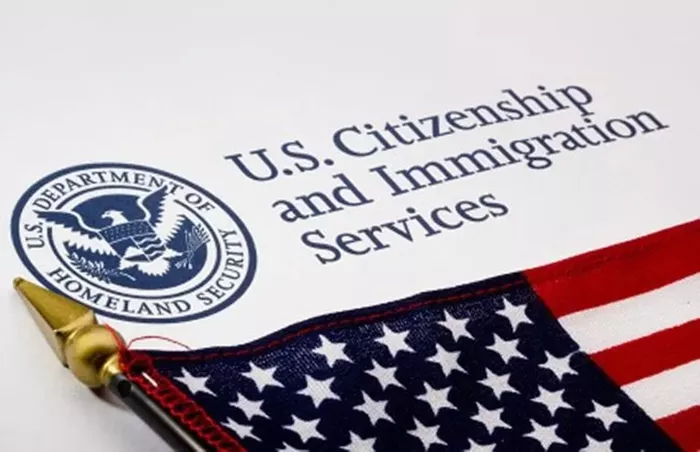New Guidance Eases Path for Employment-Based Immigrants with Extraordinary Abilities.
The Biden administration has introduced new policy guidance aimed at simplifying the qualification process for employment-based immigrants recognized as individuals with extraordinary abilities. Attorneys highlight that this guidance acknowledges the collaborative nature of many top performers, who often work as part of a team. This initiative builds on earlier efforts that expanded opportunities for foreign-born scientists and engineers to demonstrate their extraordinary abilities. As a result, more immigrants may qualify for the highest priority employment category, potentially accelerating their journey to permanent residency.
Understanding the Employment-Based First Preference Category
The Employment-Based First Preference (EB-1) category caters to individuals with extraordinary abilities in fields such as science, arts, education, business, and athletics. It also includes outstanding professors and researchers with a minimum of three years of teaching or research experience recognized internationally, as well as certain multinational managers and executives. The recent guidance is expected to benefit both individuals and their employers.
Those qualifying under the EB-1 category can expect shorter wait times for green cards compared to other immigrants. This is especially significant for individuals from India, who may face waiting periods of a decade or more in other employment-based preference categories, such as EB-2 and EB-3.
Under the new guidance, the U.S. Citizenship and Immigration Services (USCIS) will ease the criteria for qualifying as an individual with extraordinary ability. It will now take into account “a person’s receipt of team awards under the criterion for lesser nationally or internationally recognized prizes or awards for excellence in the field of endeavor.” Additionally, USCIS has removed previous language that required published material to demonstrate the individual’s value to satisfy the published material criterion. The agency also clarified the types of evidence that can support claims of extraordinary ability beyond artistic exhibitions.
Evaluating the USCIS Policy Changes
Experts believe the new provisions regarding “team membership” are a positive development. Lynden Melmed, a former chief counsel at USCIS and now with BAL, notes that adjudicators have previously been inconsistent in applying these criteria. “It is encouraging to see USCIS make policy improvements,” Melmed stated. He added that while each individual change may only affect a few hundred cases annually, the cumulative effect over the past two years provides much greater clarity regarding EB-1 eligibility for adjudicators and applicants alike.
Melmed estimates that more than 40% of Nobel Prizes in science are awarded to team members. By acknowledging that winning awards as part of a team can establish extraordinary ability, USCIS aligns its practices with long-standing standards in business, science, and the arts.
Positive Trends in Guidance
Kevin Miner of Fragomen agrees that the recent guidance marks a continuation of positive trends. He references previous EB-1 guidance issued in September 2023, which outlined examples of evidence that could meet the relevant criteria. “Perhaps the most significant update in the September 2023 guidance was the instruction that USCIS officers could consider accomplishments of the applicant that do not fit neatly into specific EB-1 criteria during the ‘final merits analysis’ of a case,” Miner explained. The October 2024 guidance further enhances this approach, potentially making the EB-1 extraordinary ability process more accessible for employers in the private sector.
The latest EB-1 guidance follows favorable policy changes that have increased approval rates for O-1A visas and national interest waivers for employment-based green cards. Attorneys suggest that companies should embrace the new EB-1 guidance.
Both Miner and Melmed emphasize that previous interpretations of extraordinary ability in the EB-1 category tended to favor academic achievements over business accomplishments. Miner remarked, “By logically expanding what can be considered evidence to match what an academic might present, USCIS has helped to level the playing field for the EB-1 extraordinary ability process.”
Related topics:


